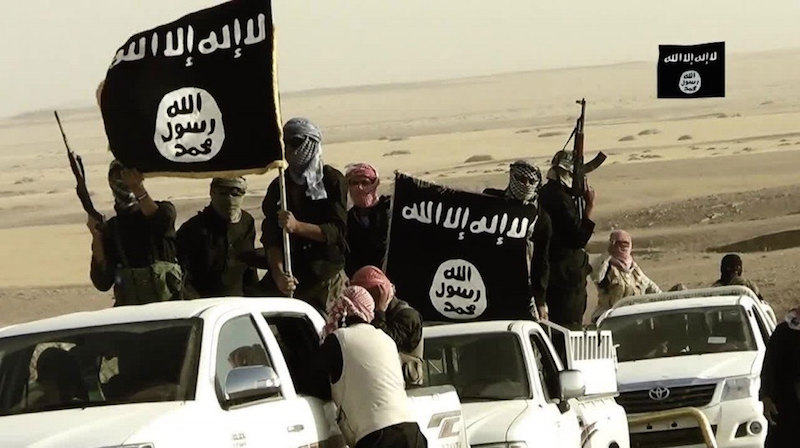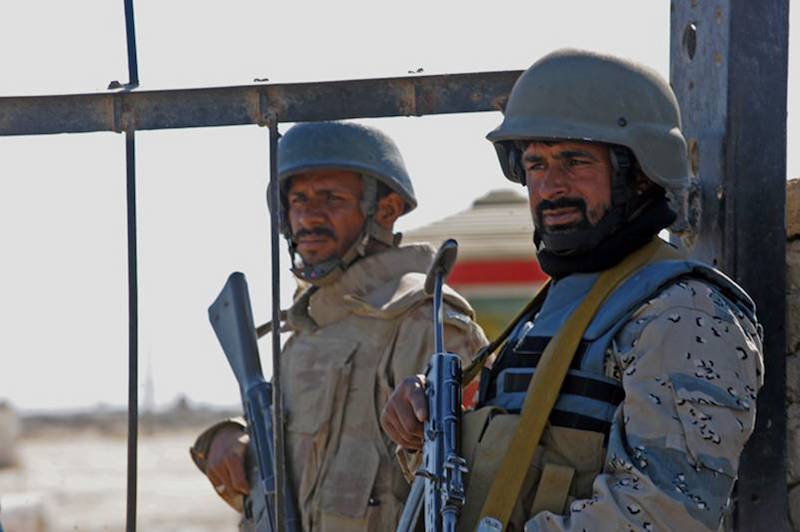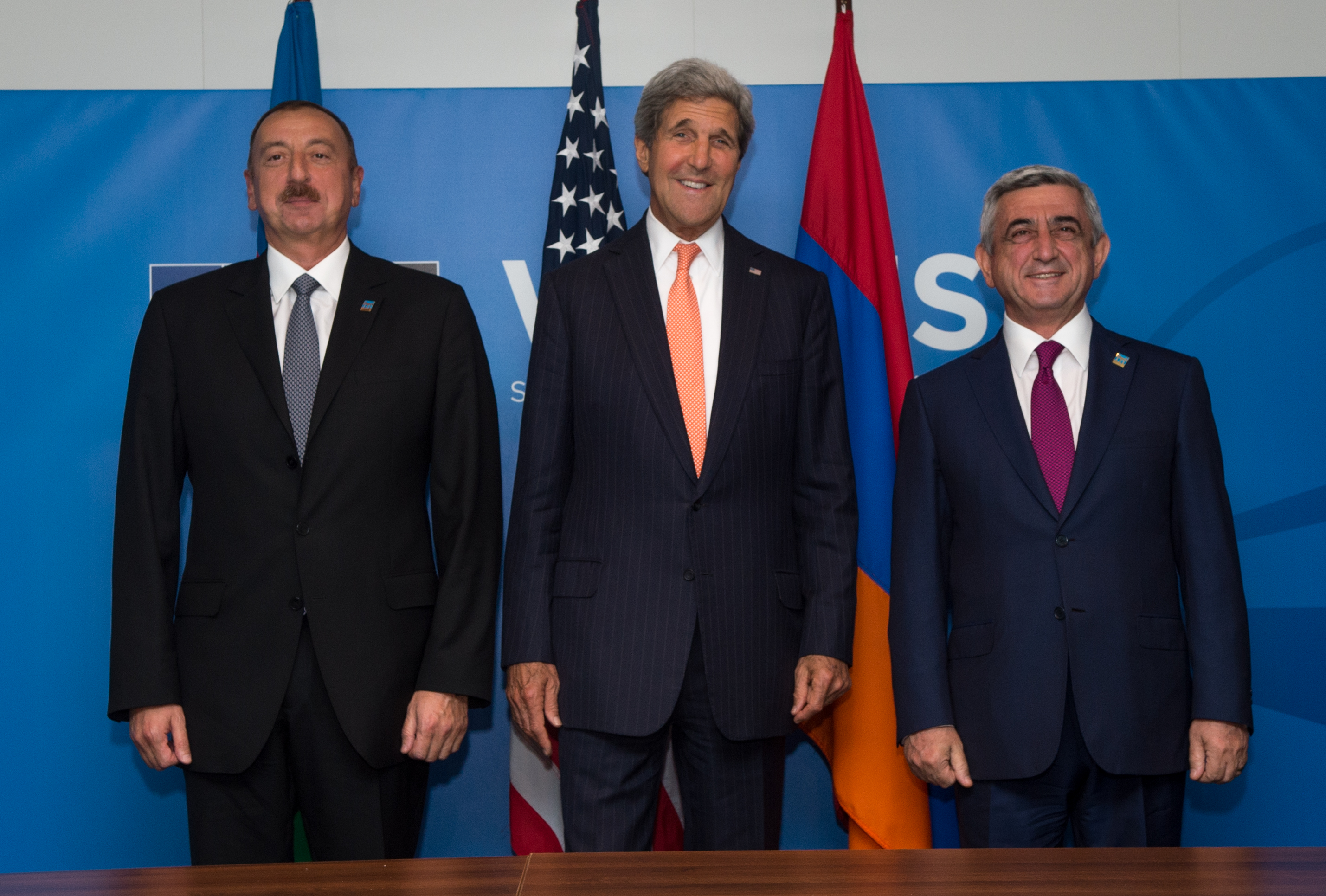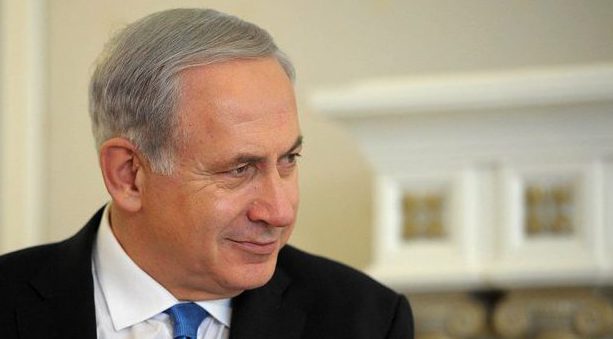As the Iraqi Security Forces (ISF) are nearing the outskirts of Mosul, many are worried about the post-Islamic State (ISIS) future in the war torn country. The only possible future for a stable Iraq is a federalist system with newly drawn provincial borders that recognize the plurality of the Iraqi mosaic.
On June 2014 ISIS fighters shocked the world when they took Mosul, Iraq’s second largest city, after the collapse of the ISF. Two months later, the Kurdish peshmerga forces abandoned their posts in minority dominated Nineveh Plain and Sinjar, leaving hundreds of thousands of Assyrian Christians and Yazidis displaced, and thousands captured or executed by ISIS.
Since then, the ISF and Peshmerga Forces along with coalition forces, Iranian generals and Shi’ite dominated Popular Mobilization Forces (PMF) have pushed ISIS back city by city. The liberation of major urban centres has led to a major moral and symbolic victory for the newly revived security forces.
Mosul will provide new challenges. First, it is the largest city the ISF has ever had to liberate. Second, ISIS forces have had more than enough time to prepare for the siege and subsequent invasion. However, a major concern for the inhabitants of the region is the complexities of the anti-ISIS coalition forces.
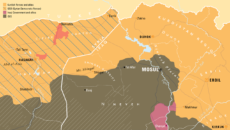
The liberation of Mosul seems inevitable; there seldom are any military analysts that envision ISIS remaining in Mosul for the long haul. With reports that high-ranking ISIS members’ families escaping the city in recent weeks, it seems that even the ISIS leadership is abandoning any long-term prospects for Mosul.
More recently, Mosul Eye, a social media account meant to communicate the day-to-day occurrences in the city, tweeted about rumours circulating from Mosul residents that Al-Baghdadi had a dream of Prophet Mohammad telling him to “quit Mosul”.
The future of Mosul and the Nineveh Province, of which Mosul is the capital, will determine the future of Iraq as a functioning state.
There are three different approaches for the post-ISIS governance of Iraq:
- Reestablishment of a strong central government in Baghdad. This is what the U.S.-led coalition forces have preferred since the 2003 invasion. The consequences, however, has been nepotism, corruption, and the disenfranchisement of a large segment of the Sunni and minority populations. After 2003, many Sunnis felt that the central government was controlled by Shi’a and was not truly representative. When the Sunni faction Islamic State painted a narrative that they were fighting against the “corrupt” and “oppressive” Shi’a government, many Sunni tribes joined. As a result, the first approach ended in the loss of 40% of the country, mass displacement and destruction of large segment of Sunni dominated areas of Iraq.
-
Dissolution of Iraq into several independent states. This approach is popular among Kurds and Sunnis. While it has the possibility of solving many of Iraq’s sectarian problems, it more than likely would cause even more violence than what Iraq is currently experiencing. An independent state of Kurdistan in Iraq would likely spell trouble for neighbouring Turkey, Iran and Syria, countries that also have Kurdish populations with similar aspirations of independence. Furthermore, a landlocked free Kurdistan, rife with violence would disrupt regional flow of oil, leading United States officials to hesitate in accepting such an approach.
-
Decentralization and creation of new provinces. This approach is gaining popularity with U.S. politicians and policy-makers, including Congressman Jeff Fortenberry who recently introduced Con.Res. 152 to support the creation of a new province for vulnerable ethno-religious minorities in Nineveh Plain under the Federalist Republic of Iraq. This resolution picked up speed after it was announced at the In Defence of Christians summit last month in Washington D.C.
Robert Nicholson, Executive Director of The Philos Project, has also been lobbying Washington for federalist transition in Iraq. He argues that a federalism – that is, devolving power to local and regional blocs – would help solve many of the issues currently being faced by the Kurdish and Sunni populations; however, he also calls for special attention to ethno-religious minorities like the Yazidis, Assyrian, Shabaks and Turkmen who deserve their own local government in the Nineveh Plain.
“Iraq needs to decentralize to survive,” Nicholson says. “But this process must proceed in the proper sequence. The first community that needs to be helped and empowered are the Assyrians, Yazidis, and other minorities in the Nineveh Plain. As victims of genocide, they deserve immediate priority.”
Iraq needs to decentralize to survive. – Robert Nicholson
A federal system would allow the provinces to determine their own internal affairs, local security and education system. The central government’s roles would be greatly reduced and serve to allocate funds to the respective provinces and maintain international affairs.
Decentralization is not unanimously supported. Last week, the Iraqi Parliament voted in a non-binding decision, against dividing the administrative borders of Nineveh Province. This vote might possibly overturn the January 2014 declaration by the Parliament to accept a Nineveh Plain province.
The minorities who inhabited the Nineveh Plain and Sinjar have little trust in the ISF and the Kurdish Peshmerga forces who retreated from their posts on August 2014. They claim that the only way to preserve their presence in Iraq is through the establishment of a province, under a federalist system.
The decentralization of Iraq into a federalist system would not only sustain and alleviate many of the sectarian conflicts, but would also protect the near-extinct ethno-religious minorities. Iraq remains in a very peculiar position at the same time that the Iraqi Security Forces are pushing ISIS out, it is potentially fueling the fire for the deterioration of Iraqi state sovereignty. The approach Iraq takes after ISIS will be the determining factor for the future of the state of Iraq, especially the existence of its minorities.
Photo: ISIS military parade after victory in Mosul (2014), by Day Donaldon via Flickr. Licensed under CC 2.0
Disclaimer: Any views or opinions expressed in articles are solely those of the authors and do not necessarily represent the views of the NATO Association of Canada.

